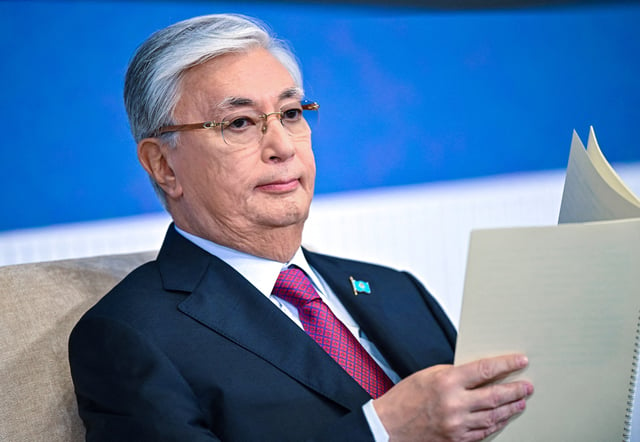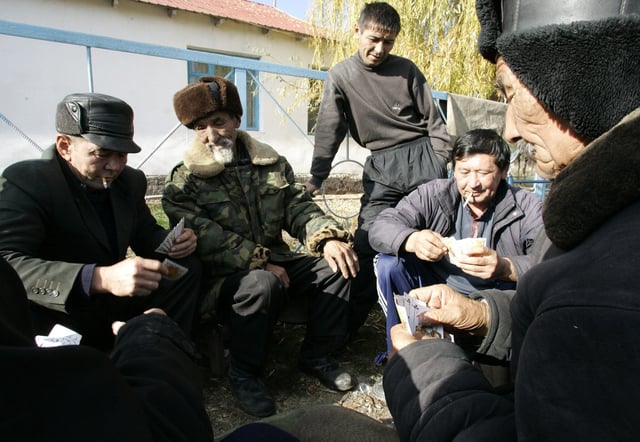Overview
- The law bars any clothing in public that obscures the face by interfering with facial recognition and allows narrow exemptions for medical needs, extreme weather and official or cultural events.
- President Kassym-Jomart Tokayev approved the measure on June 30 as part of a broader set of amendments to Kazakhstan’s legal code.
- Officials contend the ban will enhance public safety and uphold the nation’s secular constitution by limiting attire linked to foreign religious practices.
- The latest restriction builds on earlier hijab bans in schools introduced in 2017 and extended to teachers and students in 2023, which prompted protests by over 150 schoolgirls.
- Kazakhstan’s decision follows similar face-covering prohibitions adopted by Uzbekistan in 2023, Tajikistan in 2024 and Kyrgyzstan in January 2025.


